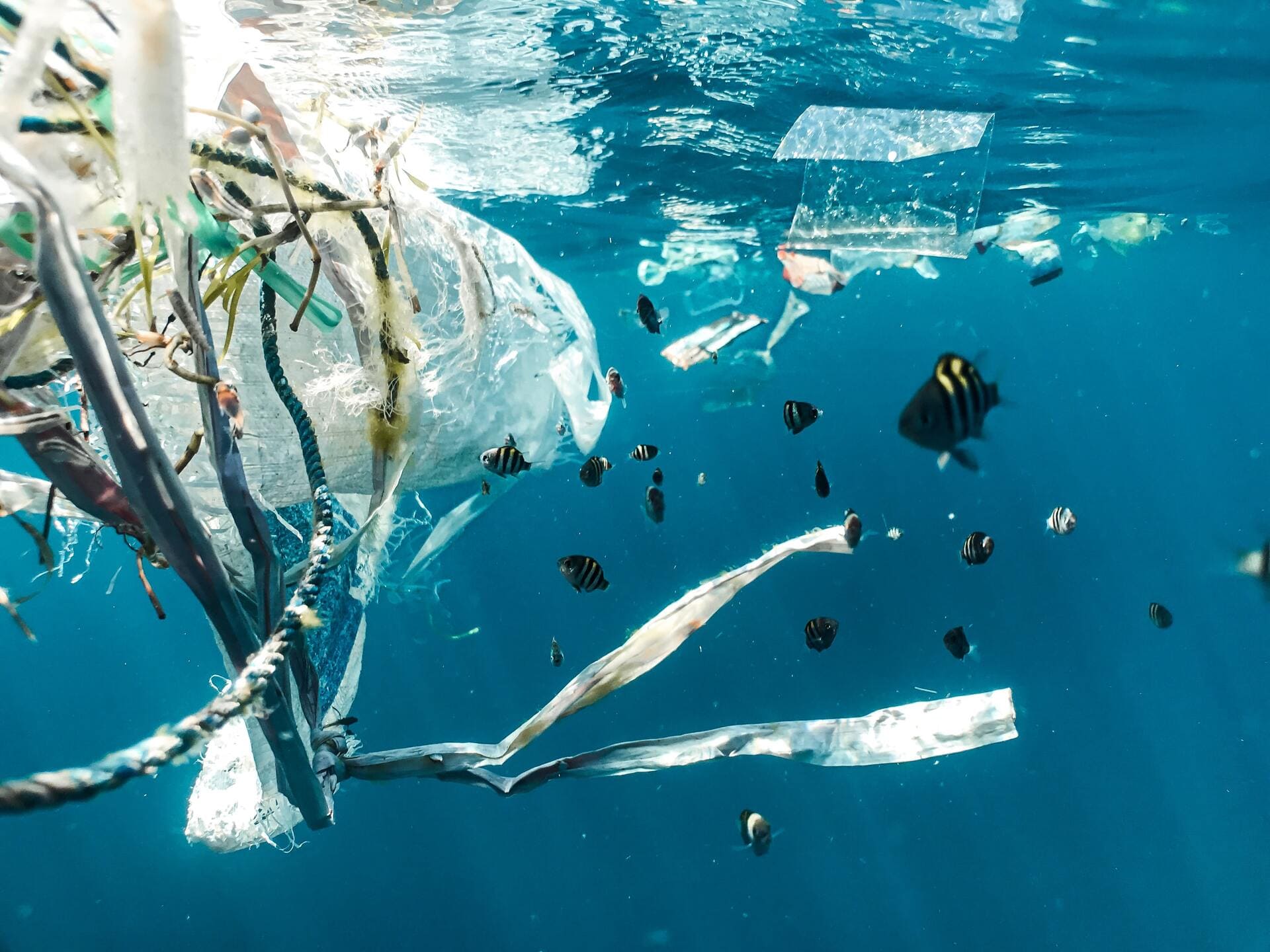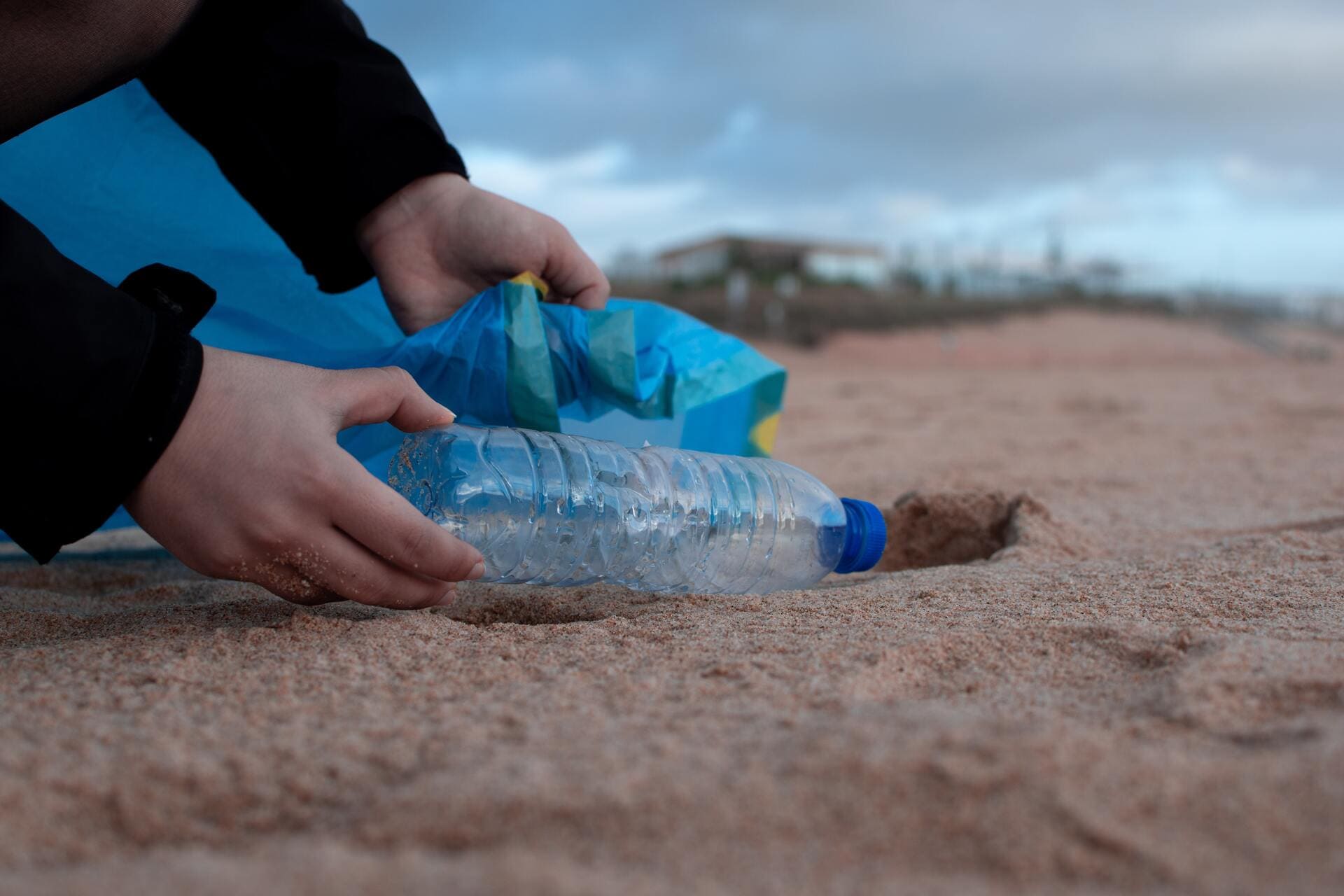World Refill Day is a global public campaign promoting plastic pollution awareness and encouraging people to reuse containers, packaging, and other goods made of plastic instead of putting them into trash. It is held on 16th June with the support of international ecological organizations.
Table of Contents
Plastic Pollution Threat
Bad news: less than 10% of the plastic we use has ever been recycled. It is generally quite hard to find new ways of waste management, and the situation is getting catastrophic. Due to negligent disposal, single-use materials leak into the environment and cause various ecological issues, affecting us humans as part of biosphere as well:
- Plastic gets into oceans and forests, defiling the environment;
- Consuming this material either kills animals or affects their health;
- Plants are affected as well;
- Plastic enters our food chain, causing health issues in humans.

Our consumerist culture encourages, though unintentionally, that type of polluting behavior, and at this point we cannot recycle our way out of the trouble. Unfortunately, there are cases where there are not many alternatives to single-use bags, bottles, and other containers. There are ways to curb the produce more, however.
Solutions of World Refill Day
With plastic dependency out of control and single-use materials invading the market, the situation calls for World Refill Day. It was created to promote, encourage and normalize refilling and reusing containers of all types to slow down production of virgin plastics. World Refill Day on 16th July is a chance to be outspoken about plastic reuse, raise public awareness, and promote living with less waste. The initiative is supported by the European nongovernmental organizations coalition and is spread on social media under #wechoosereuse hashtag.
By reducing the use of virgin plastics in the first place, we address pollution issues before they become a problem. On this day of commitment for reuse, we as individual citizens, as well as public organizations and legal entities, are invited to commit to sustainable consumption and production models. Even new ecological laws would not be enough to break the disposal paradigm; a shift in public perception and the implementation of reusable containers is required to facilitate this change. Refilling increases the lifespan of a container, thus preventing production of new ones and anticipating disposal management.

Another possible solution promoted by World Refill Day is refill shops, which require their customers to come with their own reusable containers and fill them with the product at the store. And usually for a lower price, because in this case there are almost no packaging expenses. Refill stores have some issues, however, like accessibility of both location and product brand. It is an ambitious and challenging project with a lot of potential.
How to get involved?
This World Refill Day, you can join millions of people around the world and take action against pollution.
What you can do:
- Commit to refilling instead of buying single-use packages. You can do that through different little actions: carry a reusable water bottle or cup, go to a store with your own bag, grab a lunch on the go – or be creative and think up your own ways;
- Inspire change. Join discussions on social media and tell your story of reuse and refill; call out the biggest polluters and brands and encourage them to act on the plastic issue;
- Find out more about ecology. Study what your local environment is like, or learn new things during your vacation – for example, in this Eco Synergy Systems tour;
- Download the free Refill app to find places to eat, drink, and shop with less waste.
– Small individual actions add up. Even if it doesn’t feel like a lot to you, choosing to reuse saves the environment from hundreds of pieces of plastic that would otherwise find their way there, sends a message that cutting down on single-use materials is important, and sparks a greater change. Together, we can keep our environment, oceans, and communities for the future, – said Andrey Zaruev, the leading ESG corporate standards expert.


